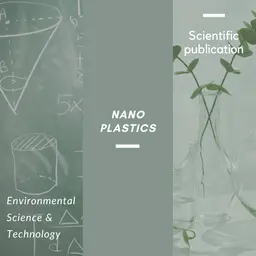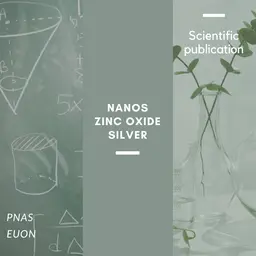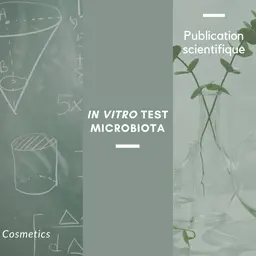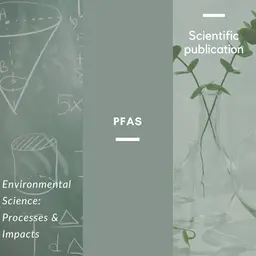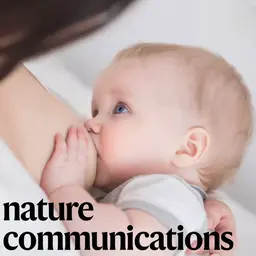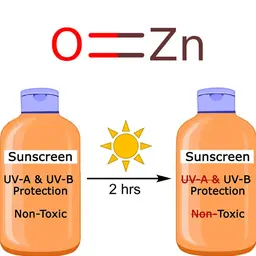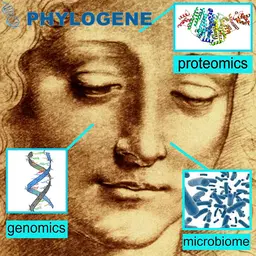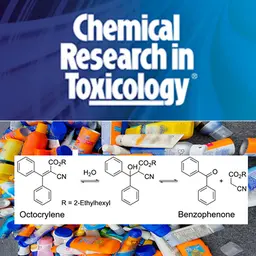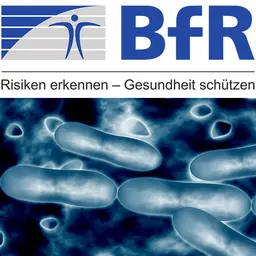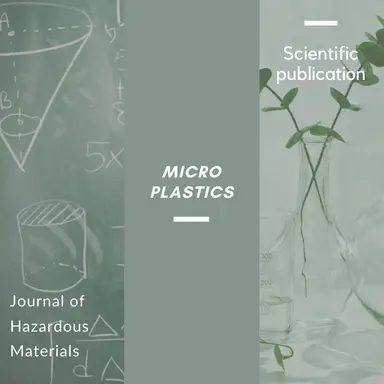
There is mounting evidence that microplastics are harmful to human health. Degraded in the form of microplastics, these compounds are found in our food. Scientists from INRAE, in collaboration with the University of Clermont Auvergne, have carried out research to assess their impact on the intestinal microbiota. The results were published in the Journal of Hazardous Materials.
Plastic appeared at the beginning of the 20th century and has revolutionised the daily lives of thousands of families, according to the INRAE press release. But its massive production over the past 50 years has led to just as much environmental pollution.
Plastics break down into smaller particles, called microplastics. They are present throughout the environment, including in the food chain. So we eat them. But what is the impact on our digestive system?
To answer these questions, scientists from INRAE and the University of Clermont Auvergne used an original in vitro model that reproduces the environment of the human colon, the final element in digestion. They were thus able to study the fate of the most widely manufactured plastic in the world, polyethylene (PE). The possible interactions of these PE microplastics were examined: with the digestive process, with the intestinal microbiota, but also with the intestinal barrier.
These analyses lead to a clear conclusion: PE microplastics alter the gut microbiota in vitro. The effects vary according to the individual, but a trend is apparent. There is an increase in potentially harmful bacteria and a decrease in bacteria that are beneficial to health.
The encouraging news is that these changes …

